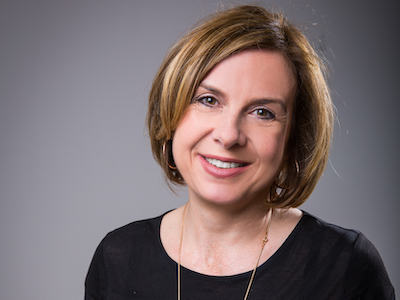
The survey took place in May 2022, a month after the introduction of No-Fault Divorce legislation. The timing means that none of the couples surveyed would have yet been able to ask the court to share their pensions or divide their money and property (this only being available to couples once they have a conditional order – 20 plus weeks after their initial application) and so the surveyed couples may not have had the opportunity to take any advice about pensions. The report therefore highlights the yawning gap between the legal entitlement to pension sharing and the ‘patriarchal zeitgeist’ of what’s fair, if yours is one of the 42% of marriages that end in divorce.
Most people are familiar with the gender pay gap – currently running at around 15% – meaning women earn on average 85% of what men earn. The gender pension gap, whilst less well known, is more than twice this gap at nearly 38%, meaning on average women retire with only 62% of the income available to their male counterparts.
Pensions are seen by many as assets that belong to an individual and that it’s ‘not fair’ to share something you personally haven’t worked for. This is not the case legally, and when you break it down, it’s not fair morally either. If you have been a homemaker for part or all of your married life, your contribution is deemed equal (but different) to the person who has worked outside of the home. This is called the law of equal contribution. Divorce laws state that it’s fair and right that all marital assets are shared – regardless of who has earned them.

For married couples, pension income is shared in retirement and the contract of balancing paid and unpaid work during the earlier years of marriage is played out ‘fairly’. If you divorce however, particularly in later life, and you are female, you’re likely to be left disadvantaged and facing relative poverty, if you do not consider pension sharing. Women often have the double whammy of not being entitled to a full state pension if they have spent years out of the workforce due to family commitments, leaving them penalised twice.
Taking an amicable approach to divorce and understanding together, as a couple, what the law says before you start negotiating how to split your money, property and pensions often provides a cost effective and family friendly way to proceed. This means you won’t be drawn into positional win/lose negotiations that escalate conflict and fund your lawyer’s swanky offices, next holiday or kitchen extension. A couple’s divorce service will assist you to accurately value and split your pensions by helping you obtain an actuarial report. This report will allow you to calculate how you can share your pensions to provide equal income in retirement – rather than just splitting pensions based on the Cash Equivalent Transfer Value. Pensions come with benefits that sometimes cannot be seen when you just look at a CETV. It’s important to understand the value of the pensions you are considering sharing and have an actuarial report so that you split them in a way that preserves as much of their value as possible.
When negotiating a financial settlement, it’s important to think about your divorce not just in the ‘here and now’ but also in the future. Will your settlement work for the different stages of your life? It’s often the case that women in particular are more anxious to stay in the family home and bargain away their pension rights in order to make this happen. But hanging out for the family home can leave you with a very expensive property to run and be a drain on your finances leaving you with a very miserable and expensive retirement.
Kate Daly is a co-founder of amicable, the leading online divorce services company. Kate is a divorce expert and helps couples and separated parents navigate divorce and separation amicably. Kate is passionate about changing the way the world divorces and campaigns for fairer divorce laws and access to justice.

